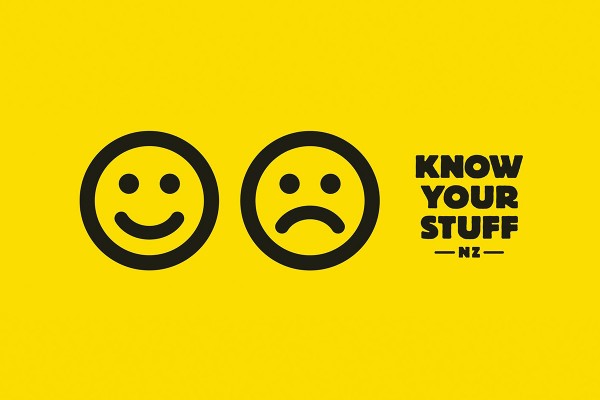My name is Max Phillips, and I am a drug user. “User” is a bit of a loaded word, but it shouldn’t be, since everyone reading this is also a drug user. Over 80% of New Zealanders drink alcohol (one of the most harmful drugs), and we can tend to forget that things like panadol are also drugs.
Why is “user” a loaded word? Stigma. And stigma is stinky. It’s the greatest barrier to effective harm reduction. Stigma surrounding drug use is entrenched in the prejudiced war on drugs. The criminalisation of drugs in the 1970s resulted in the social disapproval of people who use said drugs. The Misuse of Drugs Act 1975 essentially cemented the idea that people who used the drugs prohibited by the act are bad. Stigma creates stereotypes of people who use drugs, labels that perpetuate fear and isolation of drug users, barriers that prevent access to help and treatment for drug related harms.
Drug harm is the product of the context of the consumption – use itself is not inherently bad. Psychedelics such as psilocybin (the psychoactive chemical in magic mushrooms), which is still considered a Class A substance in Aotearoa, have recently shown potential to be an effective antidepressant. Amphetamines and other stimulants such as Ritalin are effective treatments for ADHD. Opioids are still used regularly for the treatment of pain. Of course, all these drugs have the potential to be harmful and addictive, but alcohol can be too, and yet its recreational use is socially acceptable.
Being a drug user doesn’t make you bad, it makes you human, and humans deserve to be treated with respect; the drug you choose to consume, legal or illegal, should not change that.
Harm Reduction is a social justice movement founded upon the principles of justice and human rights. With a collective aim to reduce the negative impacts of drug and substance consumption, harm reduction guides policies and initiatives in a direction away from a prohibitionist model towards a public health focused approach. Harm reduction acknowledges the failure of the war on drugs and combats prohibitionist policy rooted in prejudiced beliefs that inherently causes harm. Harm reduction is steered by the principle of non-judgemental aid, respecting the dignity of people who use drugs, not as criminals, but as people who deserve support to reduce drug related harms without coercion, discrimination or abstinence as precondition.
Many public health initiatives have been implemented in the years following the opening of needle exchanges, which was the first instance of drug harm reduction with the New Zealand Needle Exchange Program (NZNEP) being born in the 1980s. Notable developments since include opioid replacement therapies, safe consumption sites, opioid reversal medication access, and more recently the legalisation of drug checking services like KnowYourStuff.
By providing public health services to drug users, free of judgement, harm reduction recognises the factors that may contribute to drug consumption – such as poverty, trauma or discrimination – and aims to provide those people with support instead of perpetuating those factors like criminalisation does. Harm reduction works, treating drugs as a health issue improves health outcomes, harm reduction saves lives, and is supported by peer reviewed evidence.
Dunedin Intravenous Organization (DIVO) is located on King Edwards Street, South Dunedin. They provide access to clean injecting equipment, as well as STI testing and other sexual health equipment. DIVO also has a permanent drug checking service, open Wednesday – Saturdays.
KnowYourStuffNZ operates semi-regular drug checking clinics in the OUSA building on Albany Street, usually on Friday evenings. KnowYourStuffNZ will be open on Friday 19th between 12pm-8pm and will be available on-site at Hyde Street Party 2024, Saturday 20th between 10am-4pm.







